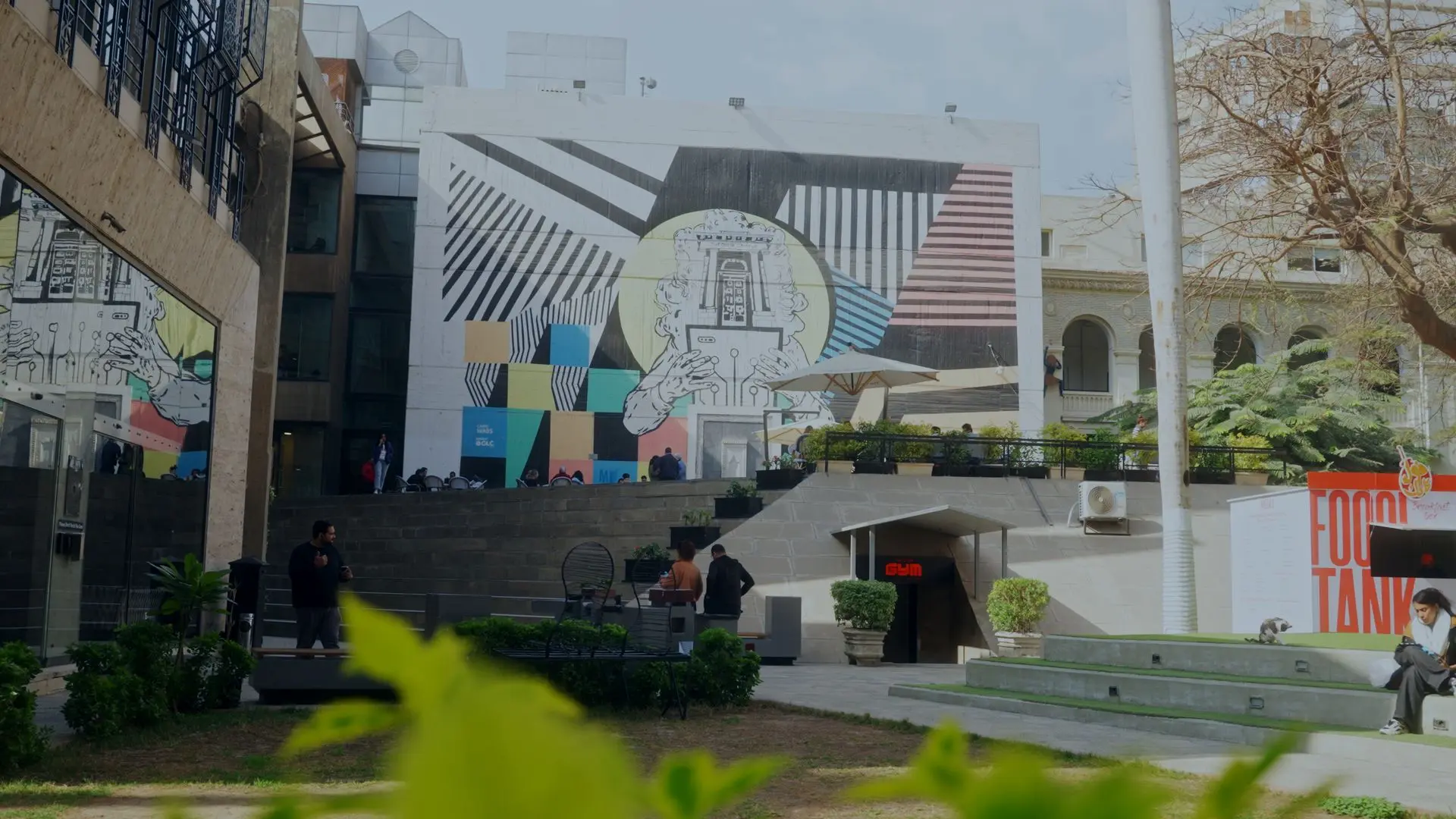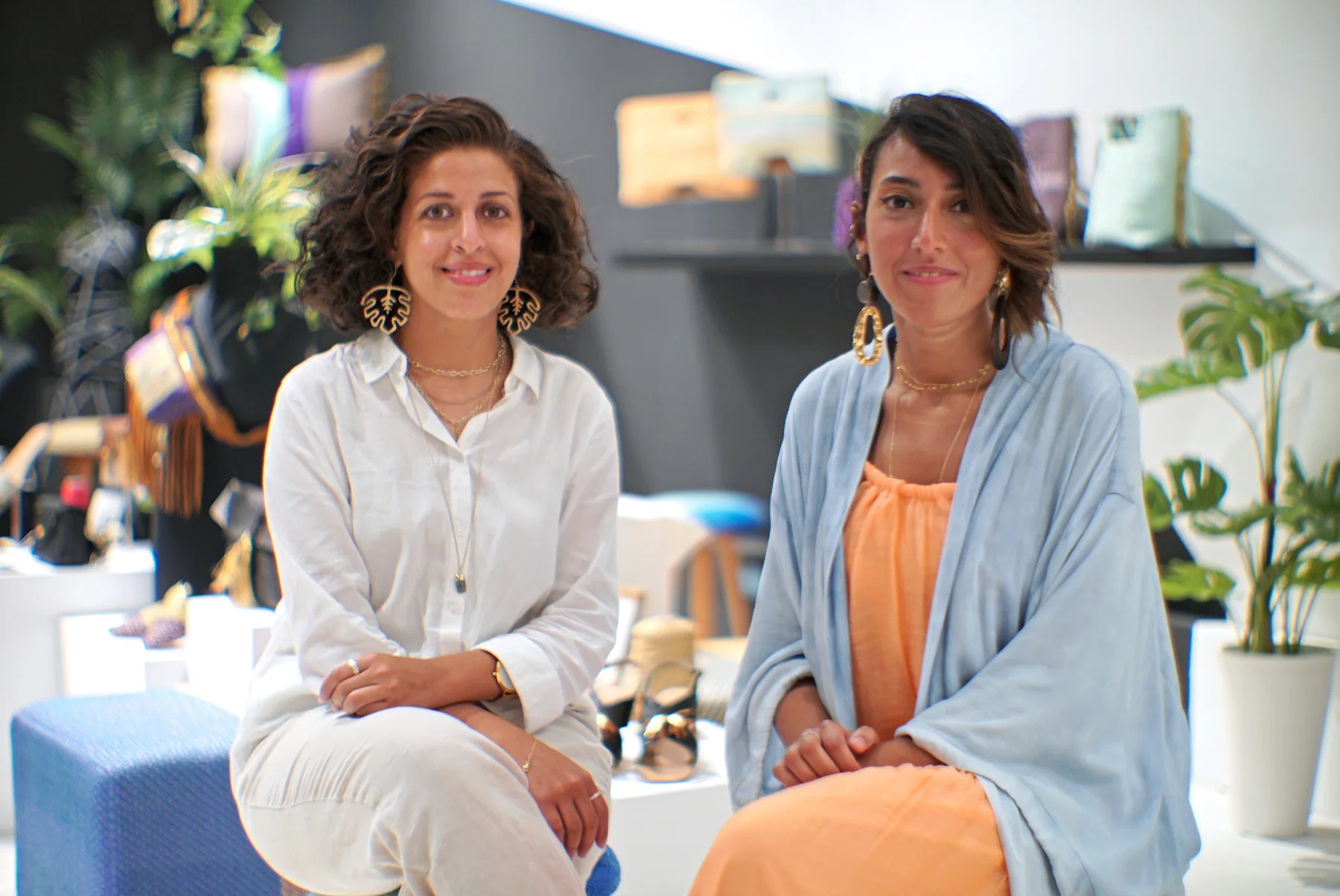On a humid August morning at ITIDA’s Smart Village campus, founders in crisp shirts and hopeful eyes gathered for the reveal of Start IT’s 47th cohort. Eight startups had been selected from nearly 500 applicants. Each would receive EGP 480,000 plus technical support, mentorship, and network access via TIEC.
One by one, the founders stood before the crowd and spoke. Mariam Sameh of Coccarohome—once an interior designer in New Cairo—shared, “I left my job to revive my grandmother’s workshop in Luxor. Our clay pieces tell stories; now we hope they tell our story to the world.”
Ahmed El-Zaher, CEO of ITIDA, addressed the attendees:
“This isn’t just funding. It’s a signal — that Egypt’s tomorrow is being coded, designed, and built in every governorate.”
From the audience, Omar Mahmoud (CTO of Cluster) chimed in during a Q&A:
“We’re tackling pharmaceutical logistics — and that means lives. Every shipment we optimize could affect someone’s access to meds in Minya, not just downtown Cairo.”
During breakout sessions at GrEEK Campus Downtown, mentors from Sawari Ventures and Flat6Labs worked side by side with founders. In one room, Youssef Khaled (co-founder of Mystery Bag) described late nights spent driving leftover supermarket stock across Giza. “We lost money for months,” he confessed, “but someone’s waste is someone else’s meal.”
Nearby, Converse2Note’s co-founder Sara Fathy demonstrated a prototype: voice transcripts turning into structured health records. She quietly told a potential partner, “If a rural clinic had this, a doctor could treat twice as many patients.”
Later in the day, the new Start IT Perks platform was unveiled, offering startups discounts on cloud infrastructure, legal services, and media credits. El-Zaher explained, “We’re lowering friction — founders should focus on product, not paperwork.”
As evening fell, founders gathered in Smart Village’s courtyard under lantern lights. Mariam showed a visitor her artisan’s first exported vase. Youssef scribbled new route ideas. Sara replayed a demo for her co-founders.
One founder from Asyut, voice trembling, said to a mentor:
“I applied to six incubators. This is the first time someone believed in me.”
In that courtyard, among laughter, tension, and whispered dreams, it was clear: these aren’t just startups. They are people — with histories, hopes, failures, and courage — stepping into Cairo’s ever-shifting entrepreneurial horizon.




